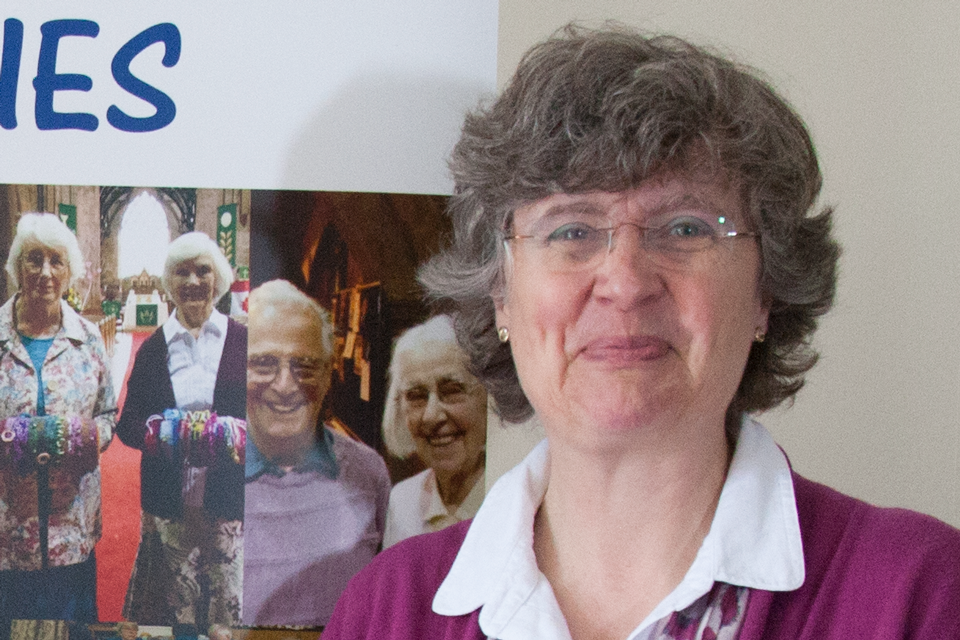
Tough moments can open up constructive conversations
A local friend spoke to me a week or so back, because of a concern about a friend of hers. The story involved her friends confusion, which meant that she had missed a surgery appointment when it was clear that medical help was needed. So we talked together about dementia and people who are confused: how does the surgery support them, meeting them where they are, to help them to access appropriate medical care? We acknowledged that it was really important that the hurdle to access healthcare doesnt get higher at the point when people need support most, for example if they are living with (diagnosed or undiagnosed) dementia. We also talked about what we can do, alongside friends and neighbours, to make sure that the surgery is aware of people who may need particular support. Our conversation arose from a tough, muddily situation.
And it prompted me to get in touch with our local Patient Participation Group and, through them, our Surgery Practice Manager, to discuss this whole area. Ive just come home from a really heartening discussion with the Practice Manager: thank you, Sheila, for your time and for working together.
- Its good to know the care that is taken by the surgery and the genuine care behind the processes in place in a busy surgery, particularly for people in need of support. Our open conversation, and the Practice Managers clear communication, gave me a lot of confidence in the humanity and good sense that underpins the processes.
- Im going to meet up with the Community and Care Coordinator from the surgery, to talk about our churchs monthly Forget-me-not tea for people affected by dementia.
- I have greater understanding of how I can work with the surgery, raising specific concerns appropriately, if the need arises.
- And moving forwards, theres likely to be an opportunity for me to run a Dementia Friends session for staff at the surgery. There are now 2.3 million Dementia Friends across the country, who have understood five key messages about dementia and made a commitment to turn their understanding into action. Our churches are participating in this national social action movement and its great to know that our surgeries want to do so to. What a positive step towards making our communities more dementia-friendly.
Todays experience is such a positive reminder that tough situations can open up really constructive conversations. When we face difficult situations, can we resist any temptation to make superficial judgements, to look for a scapegoat to blame, name and shame? None of us can face the challenges of dementia alone. And the conversations with my friend and with the Practice Manager have taken us forwards, as weve discussed the challenges of responding to a tough situation. When we open up conversations and listen to one another, we can work together help to make our communities more dementia-friendly.